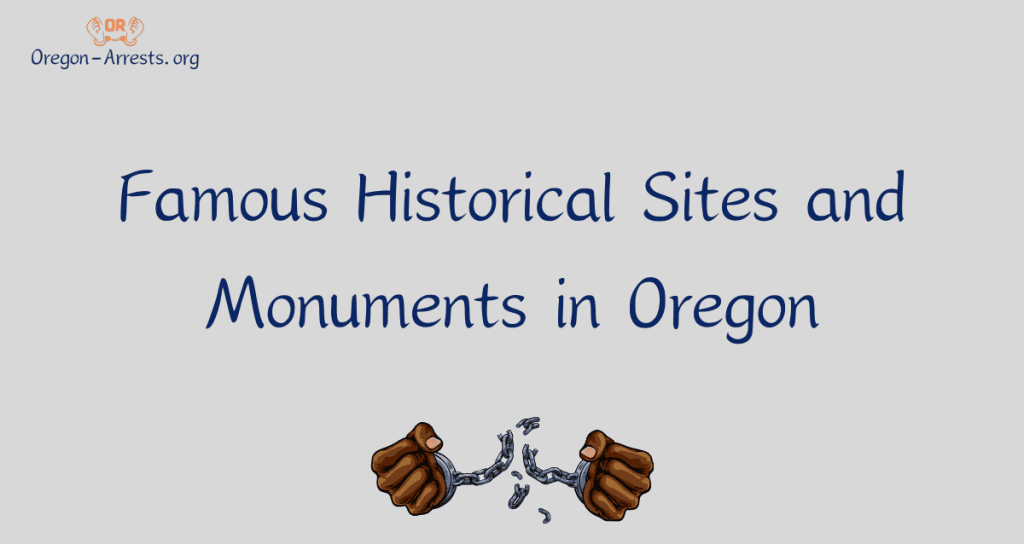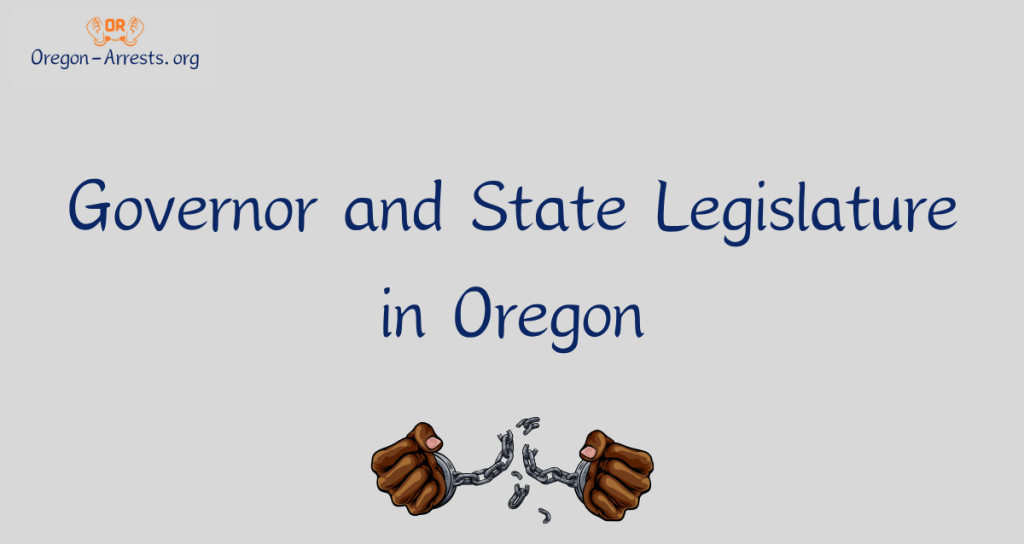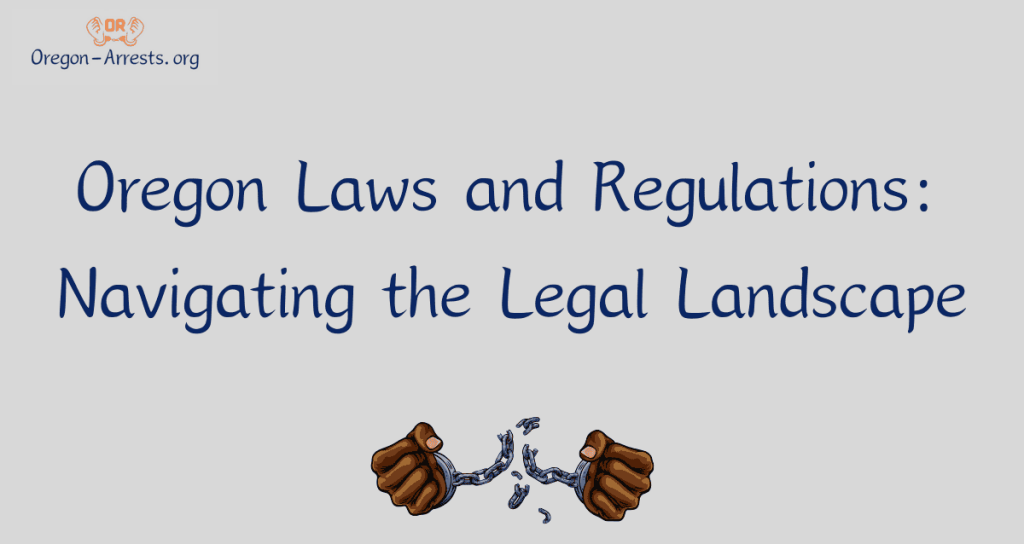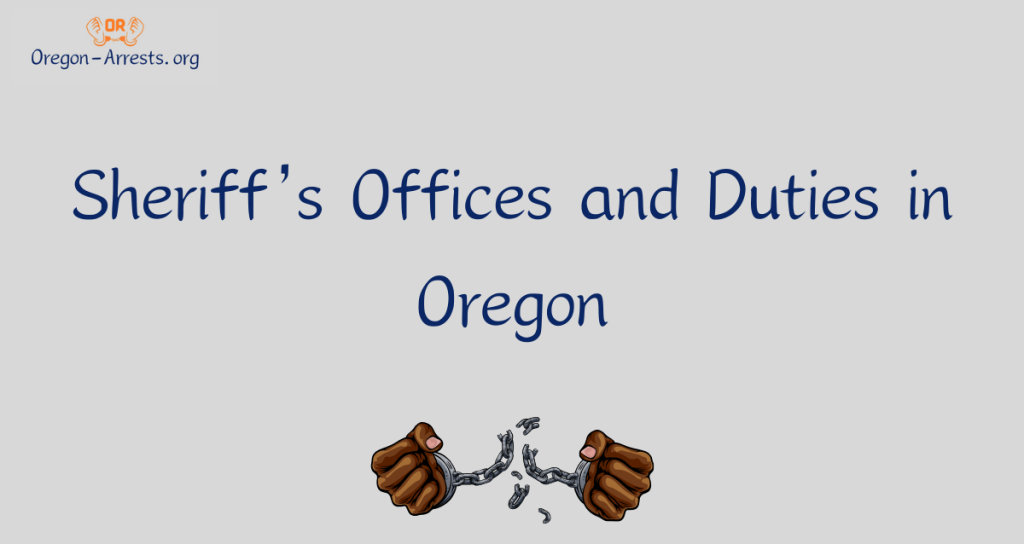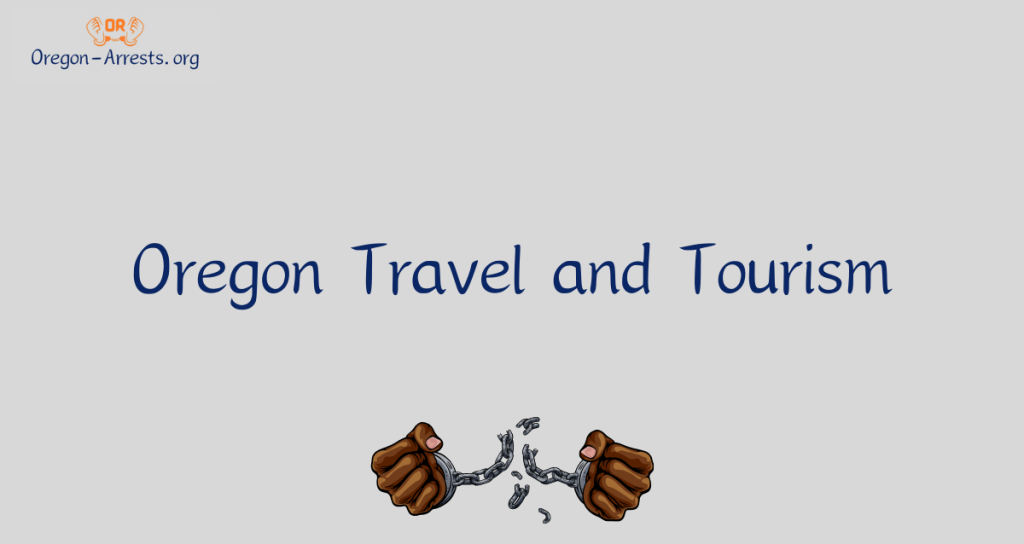Oregon’s Role in U.S. History
Oregon, often called the “Beaver State,” holds a unique and compelling place in the tapestry of American history. From the Lewis and Clark Expedition to its modern-day innovations, Oregon has played a pivotal role in shaping the nation’s destiny. This article delves into the rich historical journey of Oregon State and its significant contributions to U.S. history.
The Lewis and Clark Expedition
One of the most iconic chapters in American exploration, the Lewis and Clark Expedition, commenced in Oregon. Under President Thomas Jefferson’s orders, Meriwether Lewis and William Clark embarked on this epic journey to map and explore the newly acquired western territories. They reached the Pacific Ocean at Oregon’s shores, marking a historic milestone.
The Oregon Trail Migration
In the 19th century, we witnessed a massive wave of westward migration along the Oregon Trail. Thousands of pioneers seeking a better life braved hardships to reach the fertile lands of Oregon. The trail became a symbol of American resilience and determination.
The Oregon Trail Legacy
The Oregon Trail left a lasting legacy. It facilitated migration and contributed to the spread of ideas, cultures, and commerce. This westward movement reshaped the nation’s demographics and ignited a spirit of manifest destiny.
The Oregon Trail: A Crossroads of Cultures
Oregon’s role as a crossroads of cultures cannot be overstated. The convergence of Native American tribes, explorers, and settlers created a unique blend of traditions, languages, and customs. This multicultural heritage still thrives in Oregon today.
Oregon’s Statehood
In 1859, Oregon officially became the 33rd state of the Union. Its path to statehood was marked by complex territorial disputes, political negotiations, and societal transformations, reflecting the broader struggles of the era.
Oregon’s Role in the Civil War
While Oregon was far removed from the major battlefields of the Civil War, it played a significant role by supplying troops and resources to the Union Army. The state’s contributions had a tangible impact on the war’s outcome.
The Oregon Trail and Economic Growth
The Oregon Trail shaped the social fabric and spurred economic growth. It facilitated trade, commerce, and settlement establishment, laying the foundation for Oregon’s economic prosperity.
Oregon’s Environmental Impact
Oregon’s stunning landscapes, including Crater Lake and Mount Hood, have garnered worldwide attention. Conservation efforts in the state have influenced national policies, emphasizing the importance of preserving natural wonders.
Modern Oregon: A Hub of Innovation
Oregon is not only steeped in history but is also a hub of innovation. Companies like Nike and Intel call Oregon home, contributing to technological advancements and economic development.
Oregon’s Contribution to the Arts and Culture
The state’s vibrant arts scene and cultural contributions have profoundly impacted. From the Oregon Shakespeare Festival to its thriving music and literary communities, Oregon has enriched the nation’s cultural tapestry.
Oregon’s Role in Women’s Suffrage
Oregon played a pivotal role in the women’s suffrage movement. It granted women the right to vote in 1912, eight years before the national suffrage amendment. This progressive stance was a significant step toward gender equality.
Native American History in Oregon
The Native American tribes of Oregon have a rich history that predates European contact. Exploring their heritage and resilience is crucial in understanding the state’s cultural mosaic.
Oregon’s Influence in Politics
Oregon has produced influential political figures, including Wayne Morse and Mark Hatfield. Their contributions have had a lasting impact on American politics and policy-making.
FAQ’s
What significant events took place in Oregon during U.S. history?
Oregon played a crucial role in the westward expansion of the United States. The Oregon Trail, a 2,170-mile wagon route, was used by pioneers to migrate to the western territories. This migration was instrumental in the development of the western states.
How did Oregon contribute to the Lewis and Clark expedition?
Oregon served as the final destination of the historic Lewis and Clark expedition. The explorers, led by Meriwether Lewis and William Clark, reached the Pacific Ocean near present-day Astoria, Oregon, in 1805. Their findings and detailed region maps paved the way for future settlement and development.
What impact did the Oregon Territory have on the U.S. expansion?
The Oregon Territory, established in 1848, encompassed a vast region that became the states of Oregon, Washington, Idaho, and parts of Wyoming and Montana. This territory represented a significant acquisition for the United States and further solidified its presence in the western part of North America.
How did Oregon contribute to the development of the railroad system?
Oregon played a vital role in the construction of the transcontinental railroad. The state became a crucial link in connecting the western and eastern parts of the United States—the completion of the railroad in 1883 facilitated trade, transportation, and economic growth in the region.
What was Oregon’s involvement in the environmental movement?
Oregon has been at the forefront of various environmental initiatives. The state’s commitment to environmental preservation can be traced back to the late 19th century when it established the first national park west of the Mississippi River, Crater Lake National Park. Oregon has since implemented numerous conservation measures to protect its natural resources and promote sustainability.
How did Oregon contribute to the civil rights movement?
Oregon played a significant role in the civil rights movement, particularly in the fight for racial equality. The state’s residents actively participated in marches, protests, and other forms of activism to challenge racial discrimination and segregation. Oregon’s contributions to the civil rights movement helped pave the way for greater equality and social justice in the United States.


